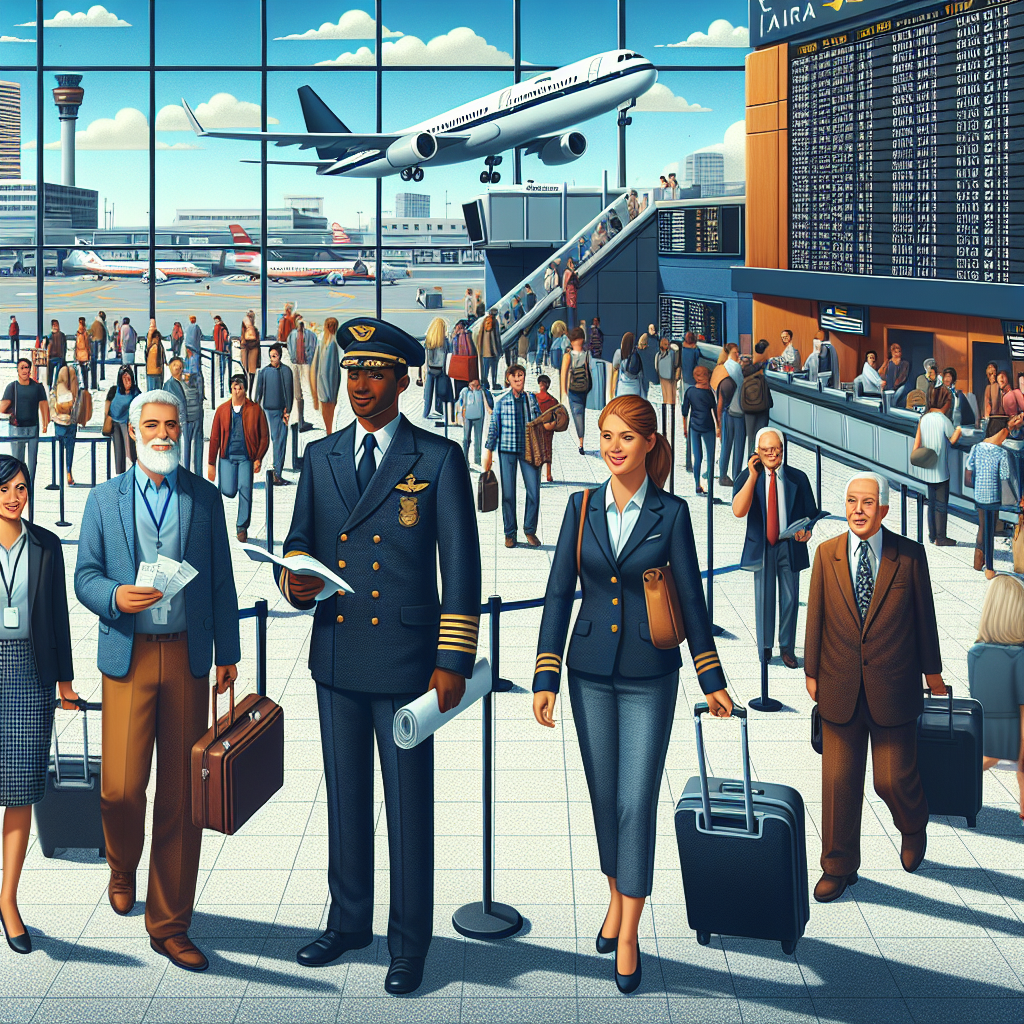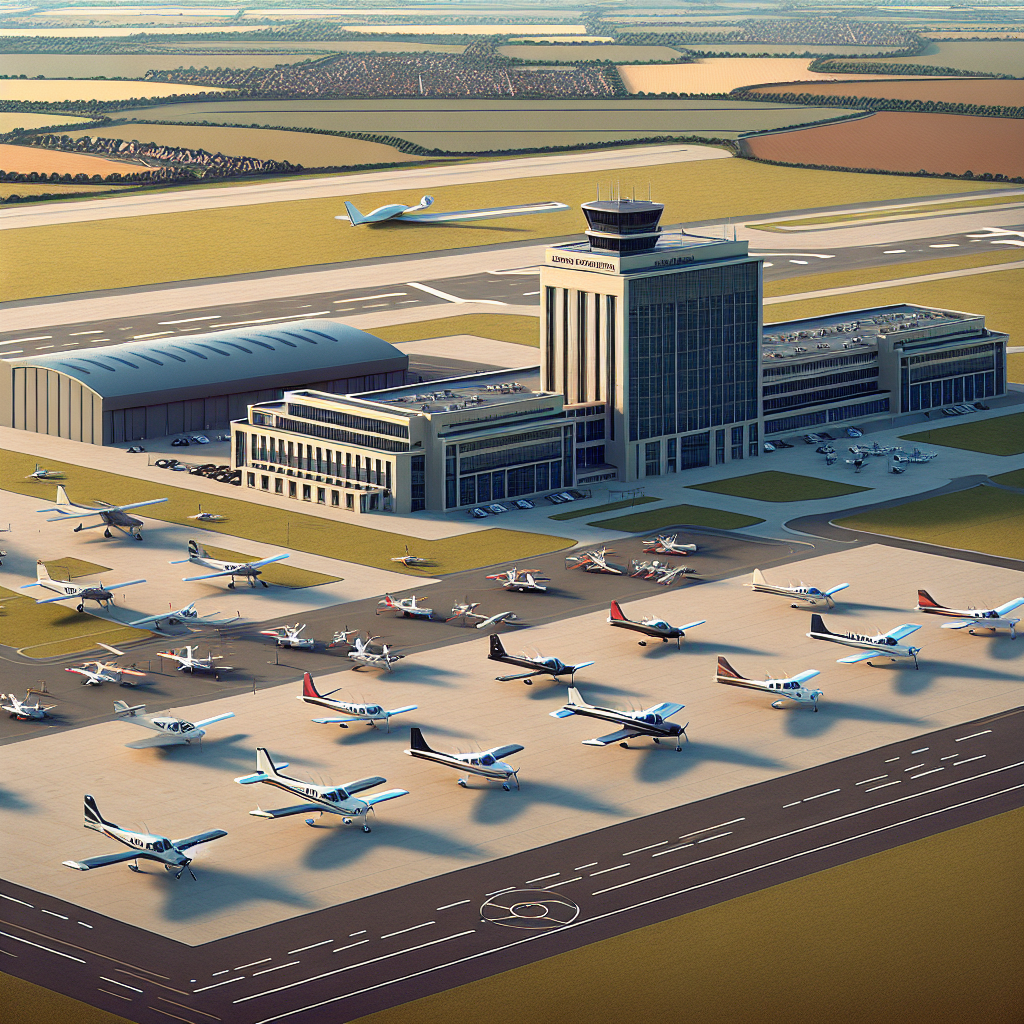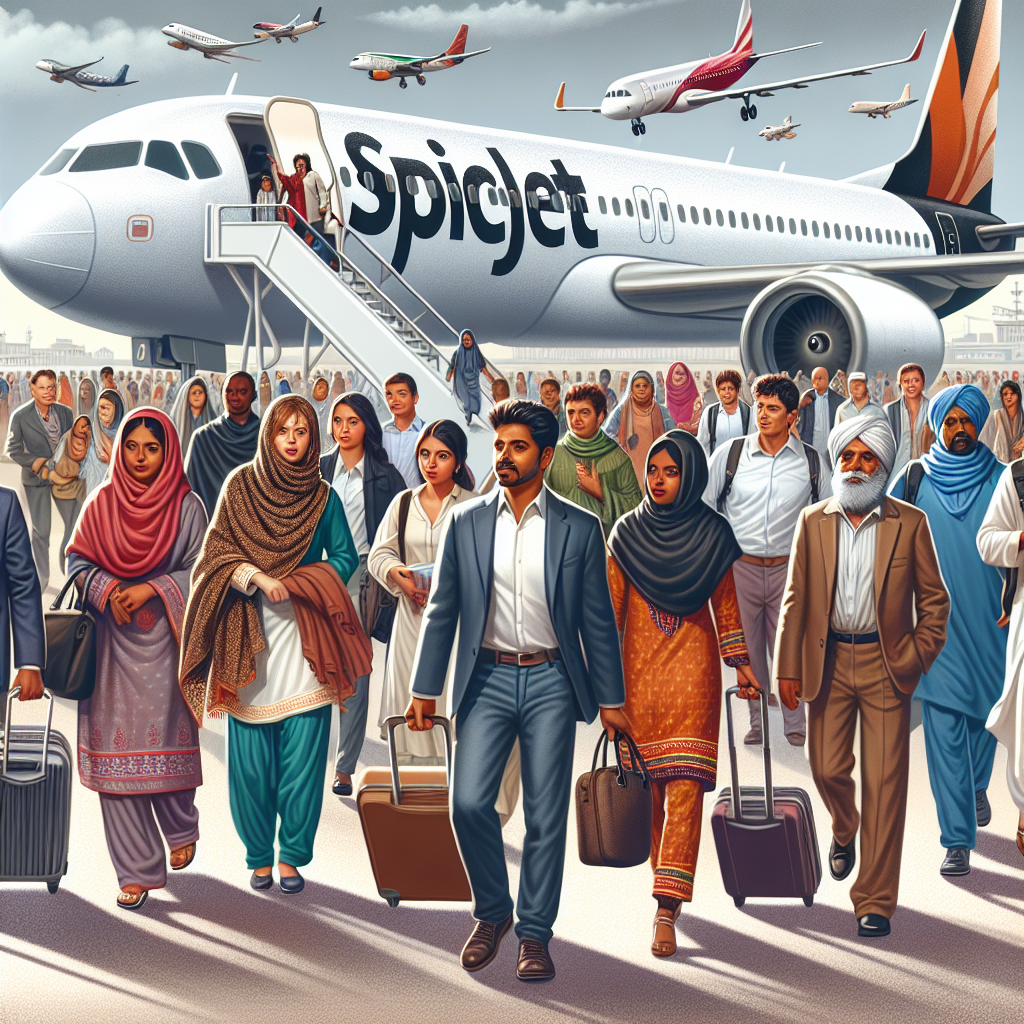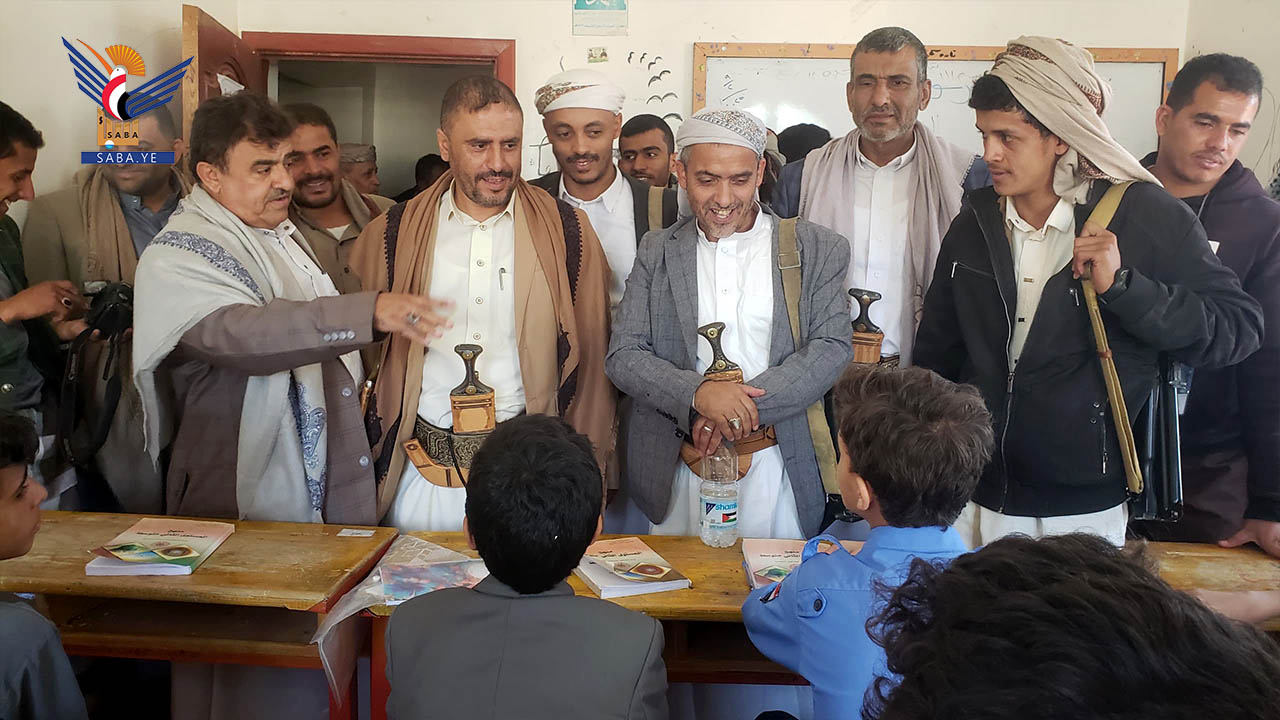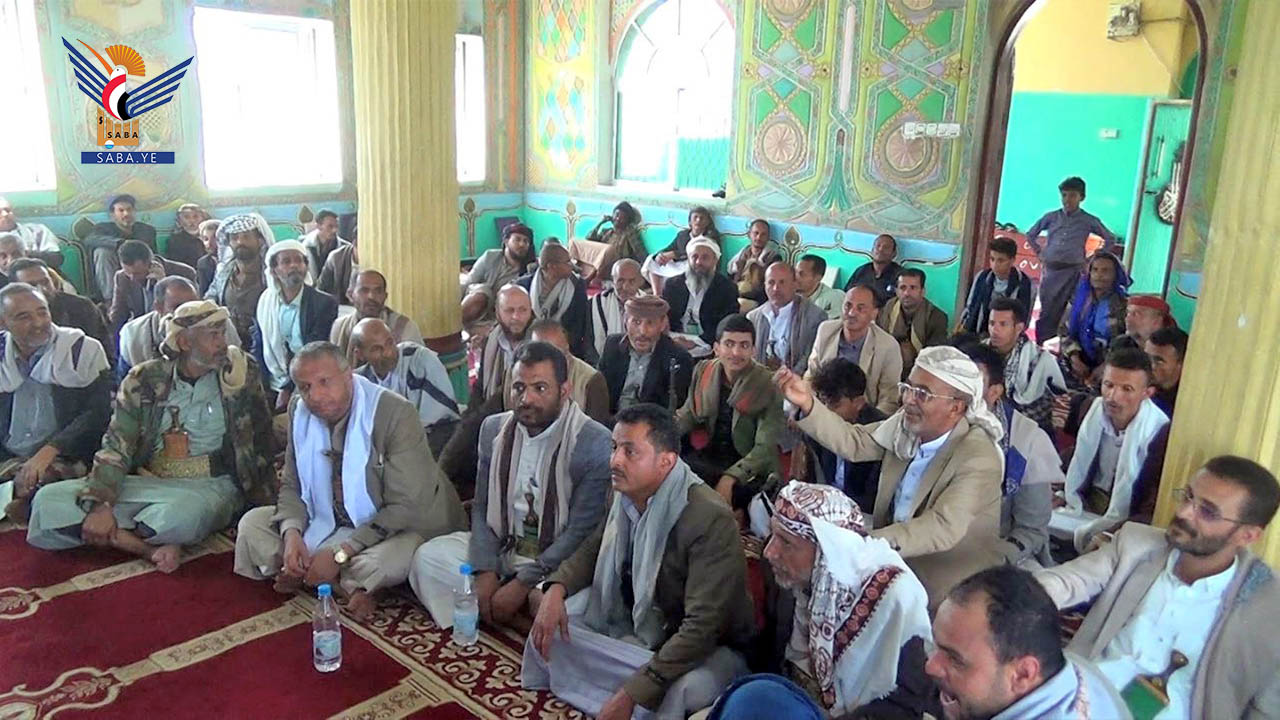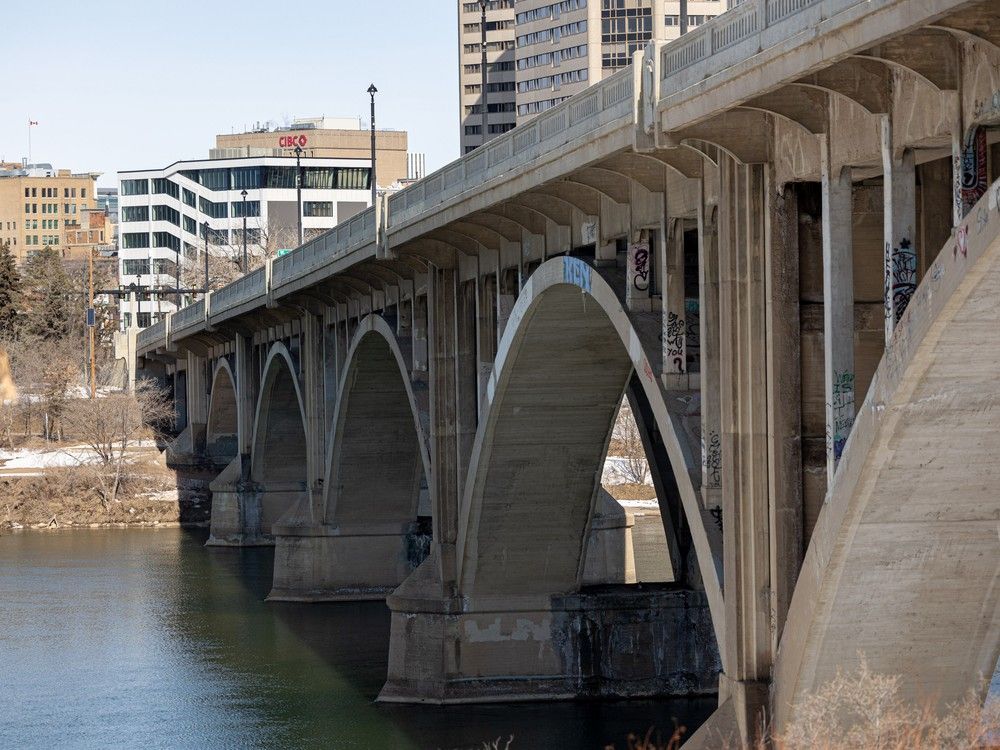This general election campaign is short, intense and unusual. The Prime Minister leading the charge for the incumbent political party is not the political leader of the party he represents and his ascension to the highest political office circumvented the essential path of public endorsement. In addition, this campaign features 161 candidates from 17 political parties plus three independents.
This is an increase from 150 candidates from 19 political parties in 2020, 127 registered candidates from 17 parties in 2015 and 134 candidates from 13 parties in 2010. The growing numbers of political parties and individuals going the distance to register themselves for the general election point at the growing need for political representation outside the traditional two-party trend—People’s National Movement (PNM) and United National Congress (UNC) and its antecedents—in which the country has been locked since Independence. Persistent searching for alternatives has thus far not borne fruit but the constant pressure of the electorate’s desire will, at some point, at least dent the status quo.

Fundamental change does not come easily nor without some upheaval and dislocation; the status quo has never released its hold diffidently. In moments of change, therefore, individuals and organisations dedicated to peace, dignity, respect and tolerance become greatly important to the public good. Tomorrow this newspaper will publish in its entirety the Code of Ethical Political Conduct written by the Council for Responsible Political Behaviour.
The document, which emerged in 2014, is the collaborative work of 12 civil society organisations including churches, umbrella religious organisations, business chambers and member organisations of the Network of NGOs for the Advancement of Women. In the face of the bitter and devious realities of political contestation, the Code seems innocent and naïve but to date it is the best effort we have to restrain and constrain the madness that attends political campaigning. Publication of the Code this week follows its publication in newsletters of the Catholic and Presbyterian churches last weekend.
The goal is to make the Code more accessible and known to more people and in that way encourage the public to assist the Council in monitoring and controlling the behaviours of political aspirants, their workers, volunteers and supporters. In the gayelle of T&T political competitions, it is remarkable that the Council and its Code continue to have a significant presence in seasons of electioneering. The Council last week noted many instances of candidates and supporters from different parties embracing and wishing each other well, “embodying the spirit of the true Trinbagonain aspirations and goals of unity and togetherness”, it said in a media release.
That said, Tobago police have had to intervene to quell tensions among opposing supporters there and Patriotic Front (PF) leader, Mickela Panday, has spoken, albeit reticently, of intimidation, harassment and bullying that spooked four of her candidates into withdrawing their candidacy, leaving the party to field 37 instead of 41 candidates. With 20 days to go before election day, instincts are likely to raise rather than quieten. We encourage all candidates, supporters, volunteers and even those who choose to remain aloof from the electoral process to do their parts to limit tensions.
.
Politics
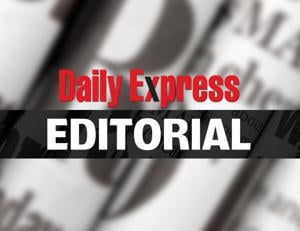
Rising tensions and 2025 election

This general election campaign is short, intense and unusual.



